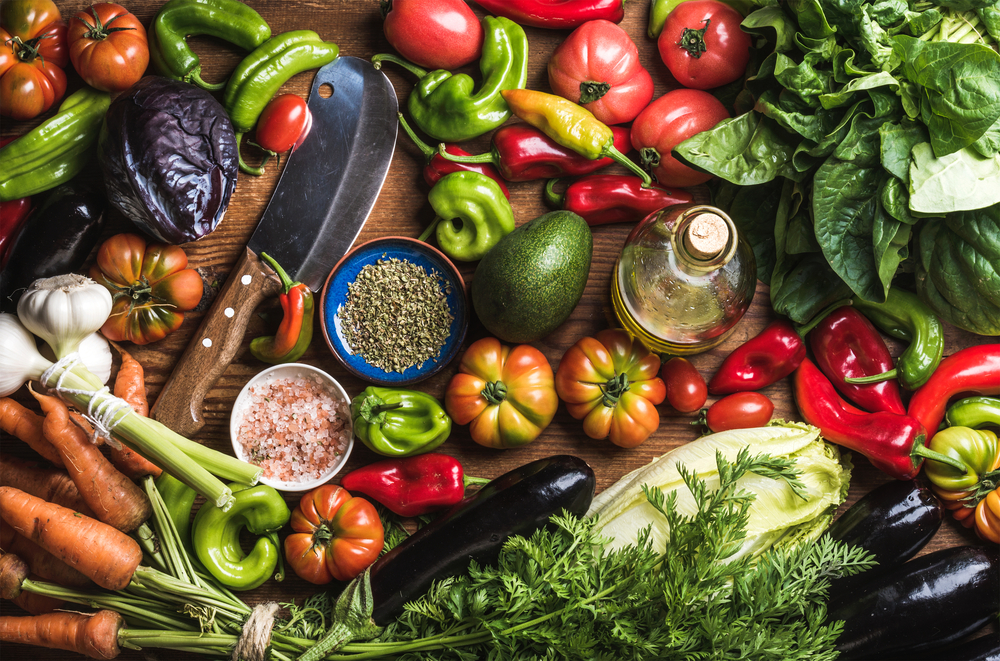Looking for a food ingredients supplier? It can be difficult to choose the right one. When you visit a grocery store, you see the common food ingredients you are used to seeing on the labels: salt, sugar, flour, milk, and meat. But did you know that there are hundreds of other ingredients that can affect the quality of your product? What you are used to buying is not always the best, and it’s easy to be overwhelmed by the sheer number of items in the grocery store. In this article, we will give you some tips on how to choose the right food ingredients supplier.
Most people go to their local grocery store first when looking for food ingredients. While this is convenient and will save them time, it may not be the best first stop for a food industry newcomer. Food processing and storage are a complex field, and many of the foods sold there have been processed at least once. If the bulk food ingredients come from a processing facility, you should take some time to investigate the quality of the processing and storage, as well as the health risks involved.
When you’re in search of food ingredients, check the USDA site or the FDA web site to find out about food safety. Both of these sites have helpful tips for food manufacturing industry owners, as well as a list of required food safety equipment. Check the list of ingredients and make sure you are buying healthy ingredients. The FDA site has a list of foods that are commonly contaminated with bacteria and other harmful organisms. To avoid food contamination, it is important that you buy only food from a reliable food ingredients supplier.
While you are in search of a food ingredients supplier, you might want to consider buying livestock feed. Some animal feed suppliers are considered food manufacturers themselves. This means they process the ingredients, including grain and hay, themselves, in order to sell them to the food industry. These suppliers are usually quite trustworthy, because they pass all the regulations set forth by the National Organic Program. However, they are not the type of food ingredients supplier who will provide you with top-quality ingredients.
Many organic food suppliers do not use any antibiotics or chemicals when they process the animals’ food. This is important to consider if you are making sausage or cutting meat for consumption. This is because the bacteria and fungus that cause food poisoning can easily enter your food. Organic food processors can also process food quickly and more efficiently than other types of processors. It is also important to note that the larger the food processing facility is, the more likely you are to find natural fertilizers, such as manure, in the processing plants.
Many companies produce genetically altered food products, which are commonly known as GM foods. If you are looking for a food ingredients supplier, it would be wise to find out what the company does before you buy from them. If the company uses GM food in any of their products, they should say so on their labels. Some suppliers are even willing to help you learn about the ethical and environmental impacts of various agricultural practices.
When you are buying food from an organic food processor, it’s critical that you make sure they utilize certified organic fruits and vegetables when they process your food. The BSE (mad cow disease) risks associated with transgenic animal products cannot be overstated. These are among the most serious threats to our food supply that have ever been identified. BSE is characterized by abnormal and unpredictable behavior in cattle, contaminated milk and intestine tissue, and dead animals. An organic processor that processes organically raised and pastured meat and poultry is safer from BSE than one that processes meat and other animal products that are not organically raised.
